Daffodils are one of the most popular and easy-growing spring flowers, but do you know that you can also grow them from seeds? Growing daffodils from seeds is a rewarding and fun way to propagate new varieties and enjoy the beauty of these charming blooms.
In this article, we will show you how to collect, sow and care for daffodil seeds, as well as some tips and tricks to make the process easier and faster. Whether you are a beginner or an expert gardener, you will find something new and interesting to learn about growing daffodils from seeds.
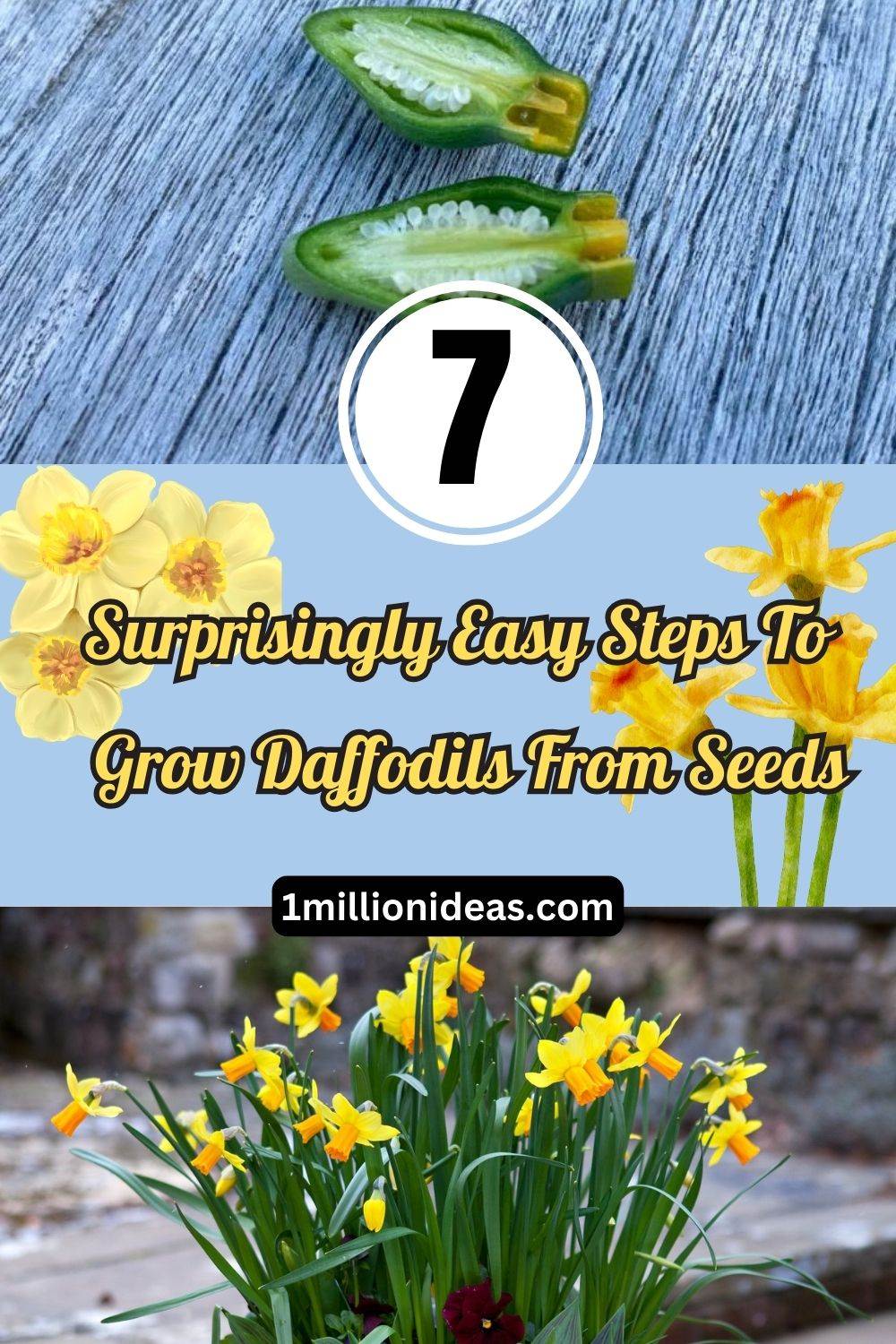
1. Collecting Seeds
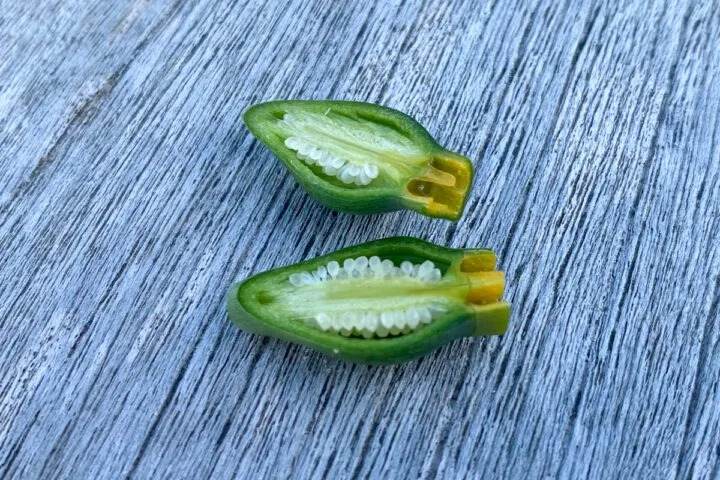
Daffodil seeds can be collected from mature daffodil plants once the seed pods have ripened. After the pods are brown and dry, you can extract the seeds from the pods.
2. Preparation
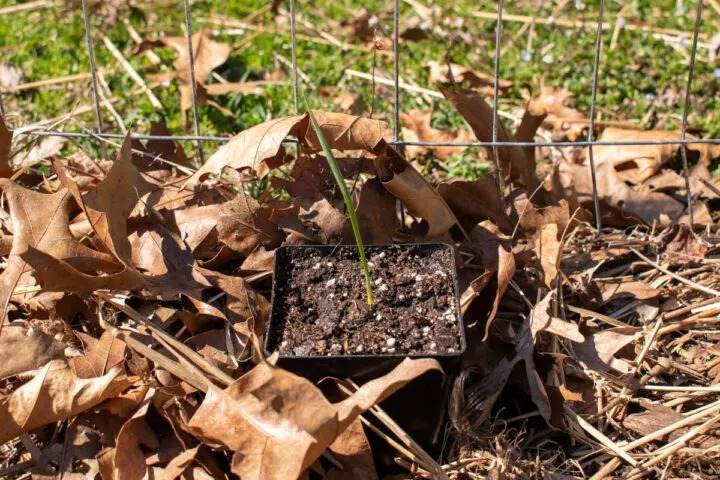
Fill small pots or seed trays with well-draining potting mix. Ensure the containers have drainage holes to prevent waterlogged soil.
3. Sowing Seeds
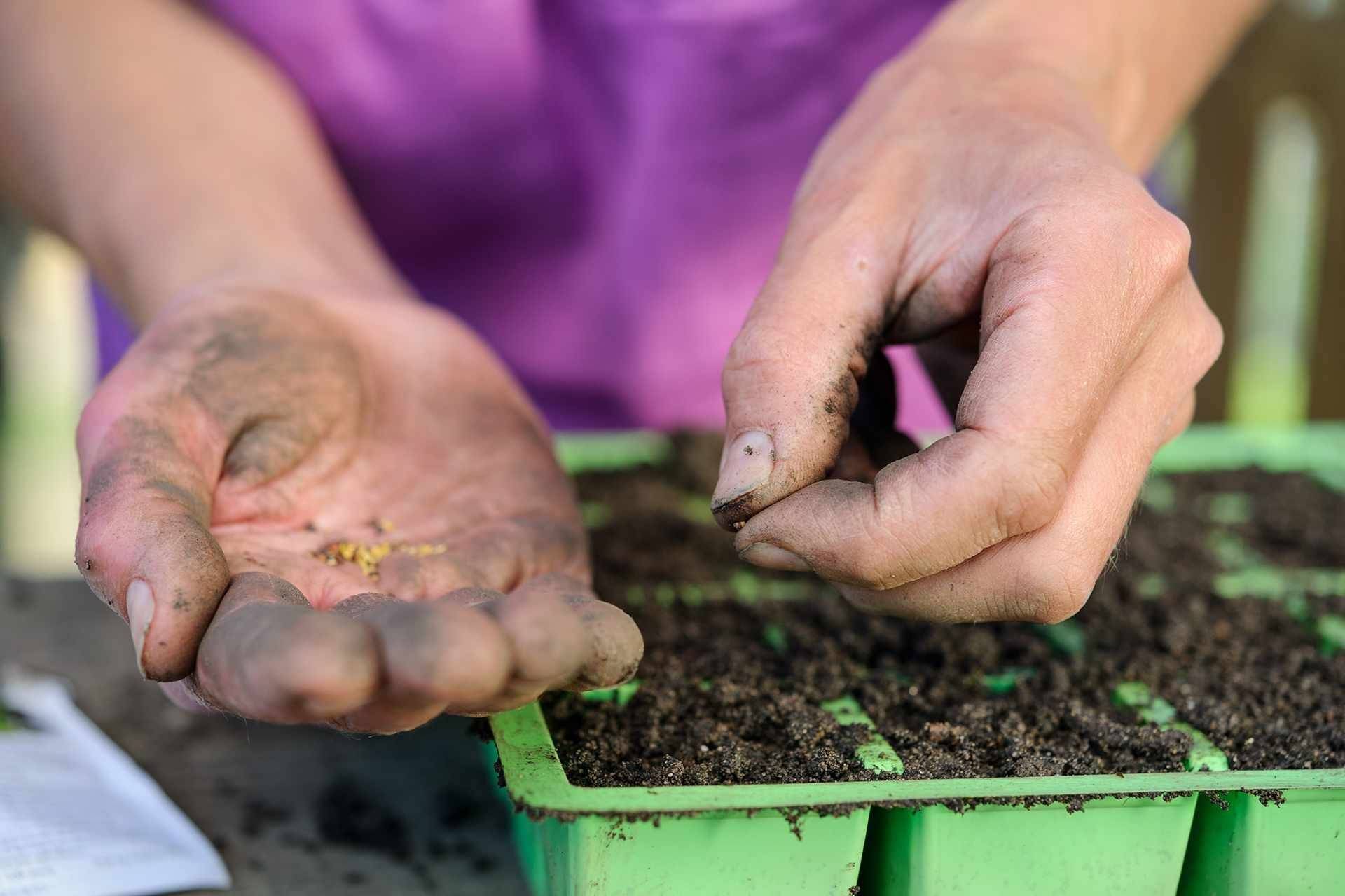
Plant the daffodil seeds about 1/2 inch deep in the potting mix. Space them evenly, leaving about 1 inch between each seed.
4. Germination
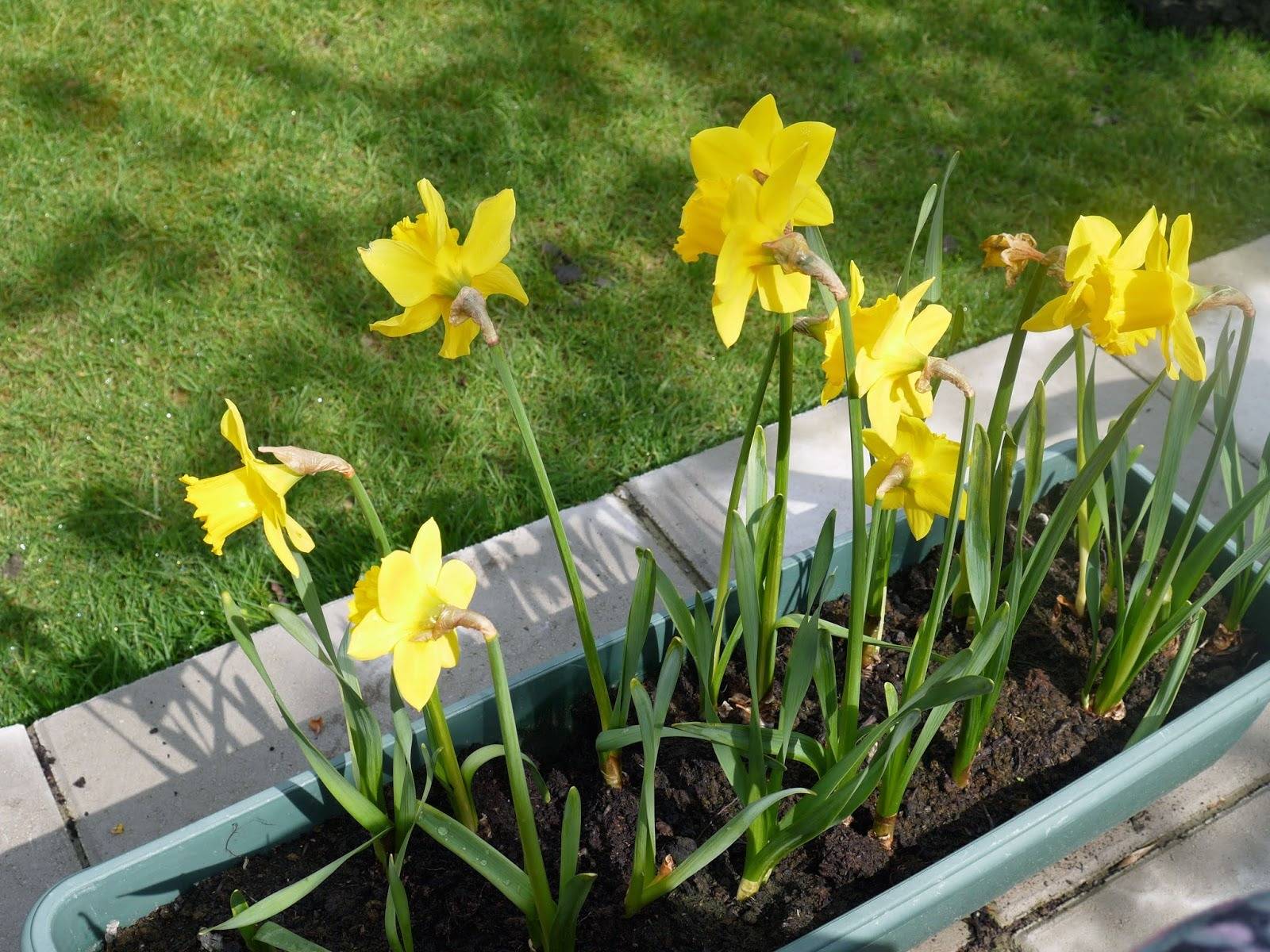
Place the pots or trays in a location with temperatures around 70-75°F (21-24°C). Daffodil seeds can take several weeks to months to germinate, so be patient. You may see some sprouts within a few weeks, but others may take longer.
5. Take Care Of Daffodils
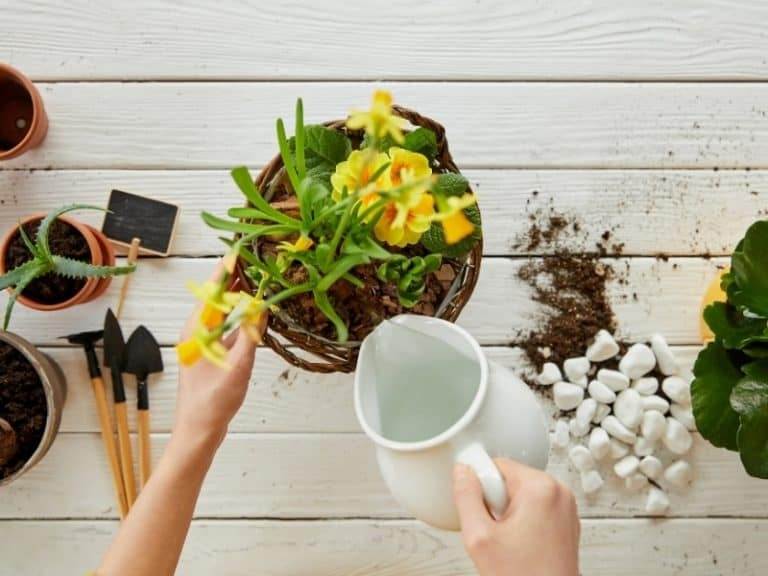
The soil of daffodils should be watered thoroughly but gently and evenly moist. You can also cover the pots or trays with plastic wrap or a clear plastic lid to create a mini-greenhouse effect.
Once the seeds have germinated, provide them with bright, indirect light. If you’re growing them indoors, consider using grow lights or placing them near a sunny windowsill. Daffodil seedlings require at least 12 hours of light per day.
6. Transplanting
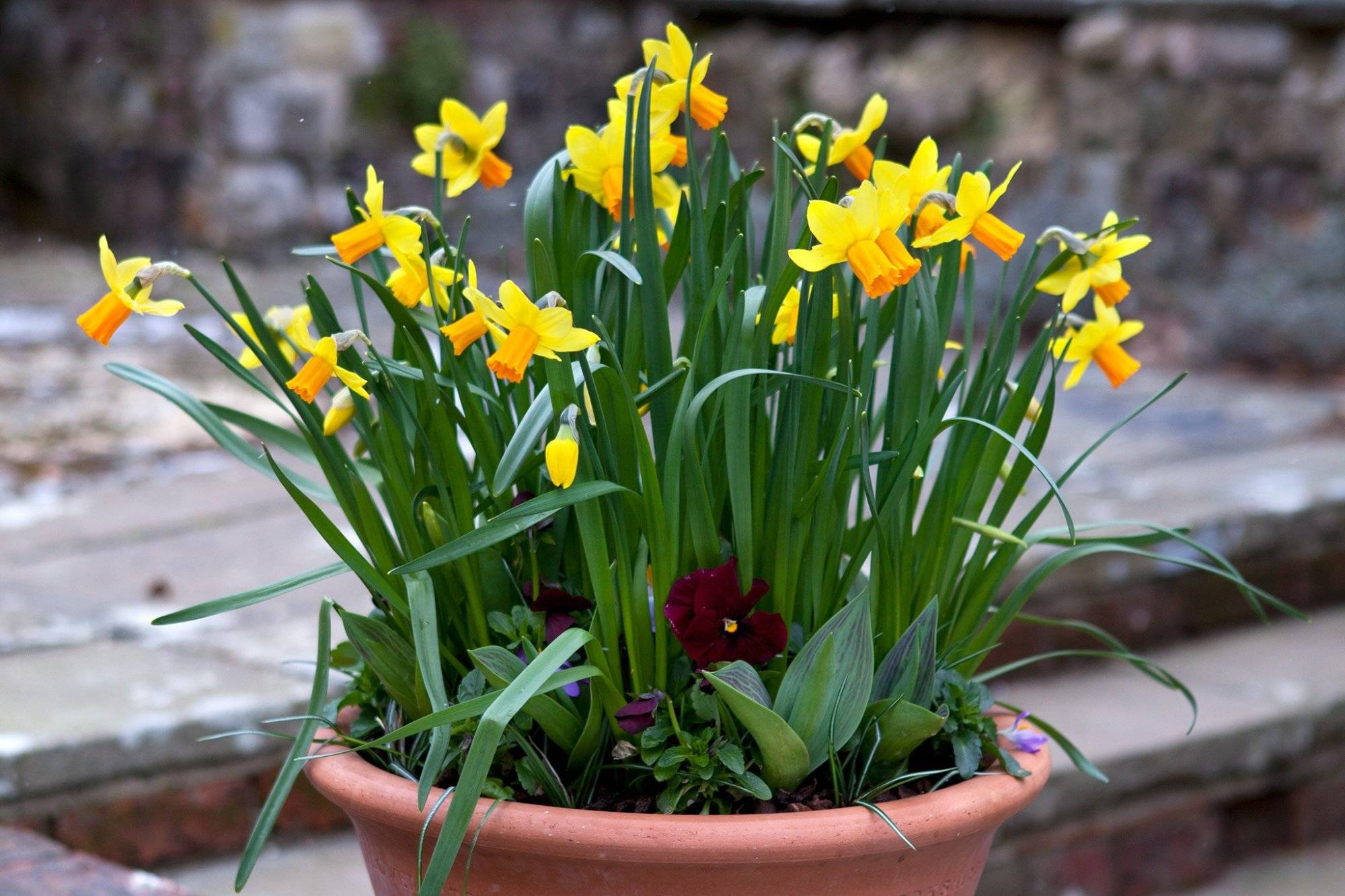
When the daffodil seedlings have grown large enough to handle, usually with at least two sets of true leaves, you can transplant them into individual pots or directly into the garden. If you’re transplanting them outdoors, harden off the seedlings gradually by exposing them to outdoor conditions for a few hours each day. Start with a sheltered location and gradually increase the exposure to sunlight and outdoor conditions.
Water the newly transplanted daffodil seedlings regularly, but don’t let them sit in soggy soil. Once established, daffodils are relatively low-maintenance. You can fertilize them with a balanced fertilizer in early spring as they start to grow.
7. Planting In The Garden
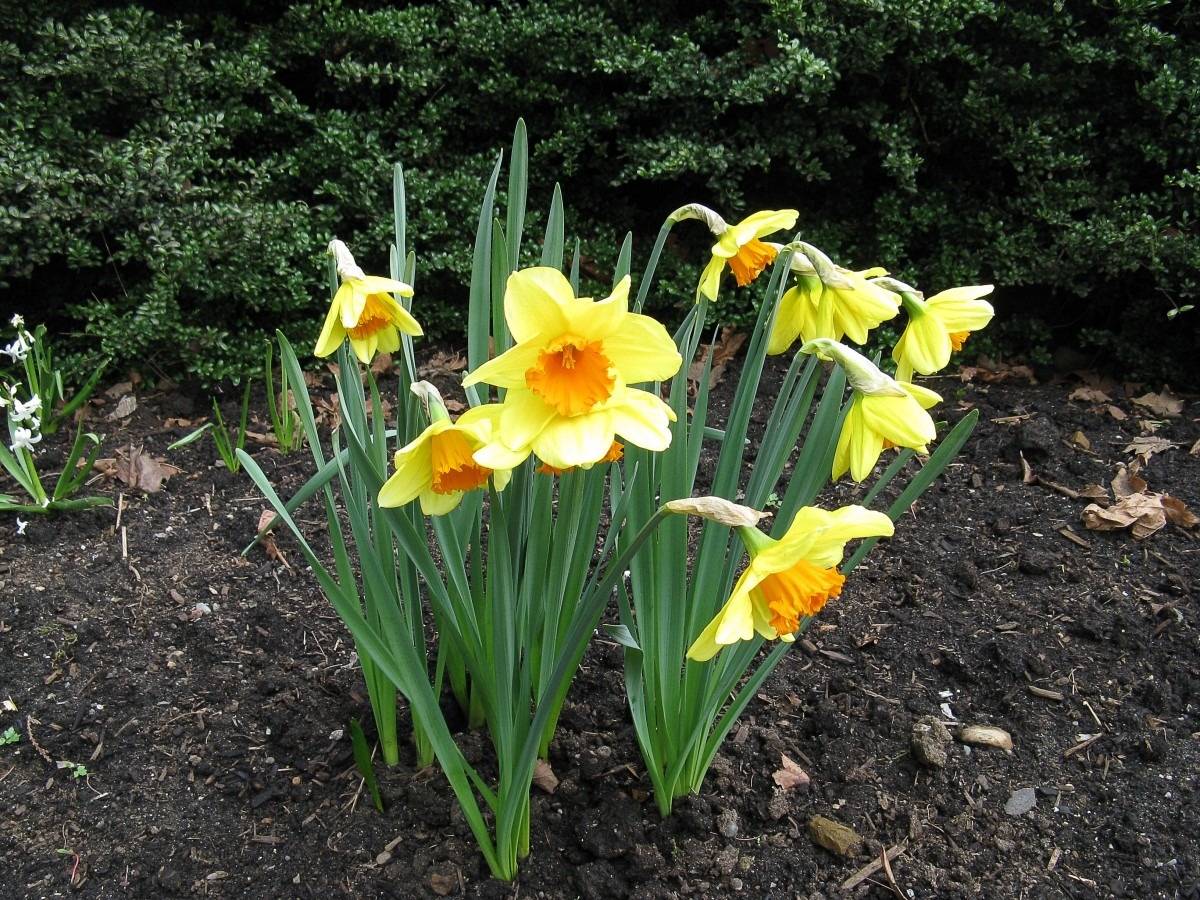
Choose a well-drained location in your garden with partial to full sunlight. Daffodils prefer slightly acidic to neutral soil. Plant the seedlings at the same depth they were in the pots, spacing them according to the variety’s recommendations (usually several inches apart).
Planting daffodils from seeds is possible, but it’s important to note that growing daffodils from seeds is a much slower and more challenging process compared to planting bulbs. It is a fun experiment but also requires patience and a willingness to embrace the unpredictability of the results.
